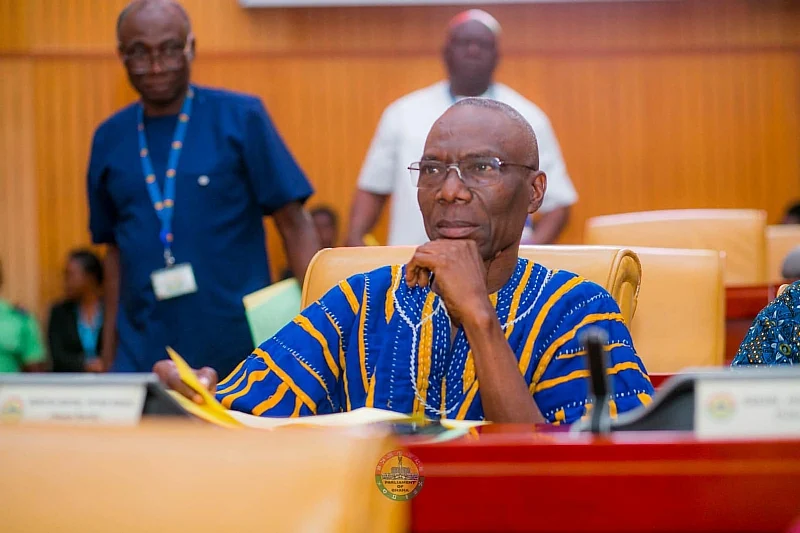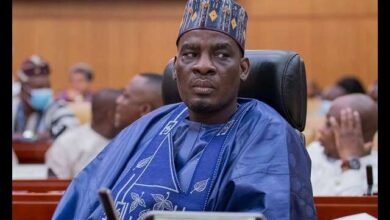Free SHS Bill unnecessary, says Education Committee’s Ranking Member Nortsu-Kotoe
The Ranking Member on Parliament’s Education Committee, Peter Nortsu-Kotoe, has criticised the government’s proposal to lay a bill on Free SHS before Parliament, calling it unnecessary.
Nortsu-Kotoe questioned the need for a law to regulate or entrench the Free SHS programme, highlighting the lack of an official policy document on free SHS despite requests made to both the previous and current education ministers over the past seven to eight years.
In contrast, Majority Leader Alexander Afenyo-Markin argued that the enactment of a Free SHS Act would transform the policy from a mere aspiration into a justifiable right, allowing citizens to seek legal recourse if the policy is not implemented.
However, during an interview with the media, Nortsu-Kotoe referenced the constitution’s provision, Act 25 (1b), which mandates that secondary education, including technical and vocational training, should be progressively made free—a process that began in 2015.
He suggested that the current government’s implementation of the Free SHS policy aligns with public expectations, implying that additional legal protections are superfluous.
“There is no need for any law to regulate or entrench the Free SHS programme. As a committee on education, we have asked the previous minister and the current one that we want to see a Free Senior High School policy or document and for seven to eight years now we have not been able to provide the committee with the policy document. If you don’t even have a policy on what basis are you going to pass the law?” he questioned.
Nortsu-Kotoe further elaborated, “In any case, the constitution has a provision, Act 25 (1b), that secondary education in all forms including technical and vocational should be progressively made free and that is what we started in 2015.
“So, for this government to have come to office and implemented it as they wanted, I don’t think any Ghanaian has a problem with that. For me, enacting a law to protect it or whatever is neither here nor there.”
The debate continues as the government pushes forward with its legislative agenda.




